On the surface, acting seems like an easy, glamorous job. While it may not be as physically demanding as other professions, many actors have spoken about the harm certain roles have done to their mental health. Stepping into else's shoes for weeks or even years can leave a lasting impact on your mind.
Here are 18 actors who've talked about the mental toll of pretending to be somebody else for a living:
1. After starring as Danny Sullivan in the psychological thriller The Crowded Room, Tom Holland decided to take a year off from acting as "a result of how difficult this show was."
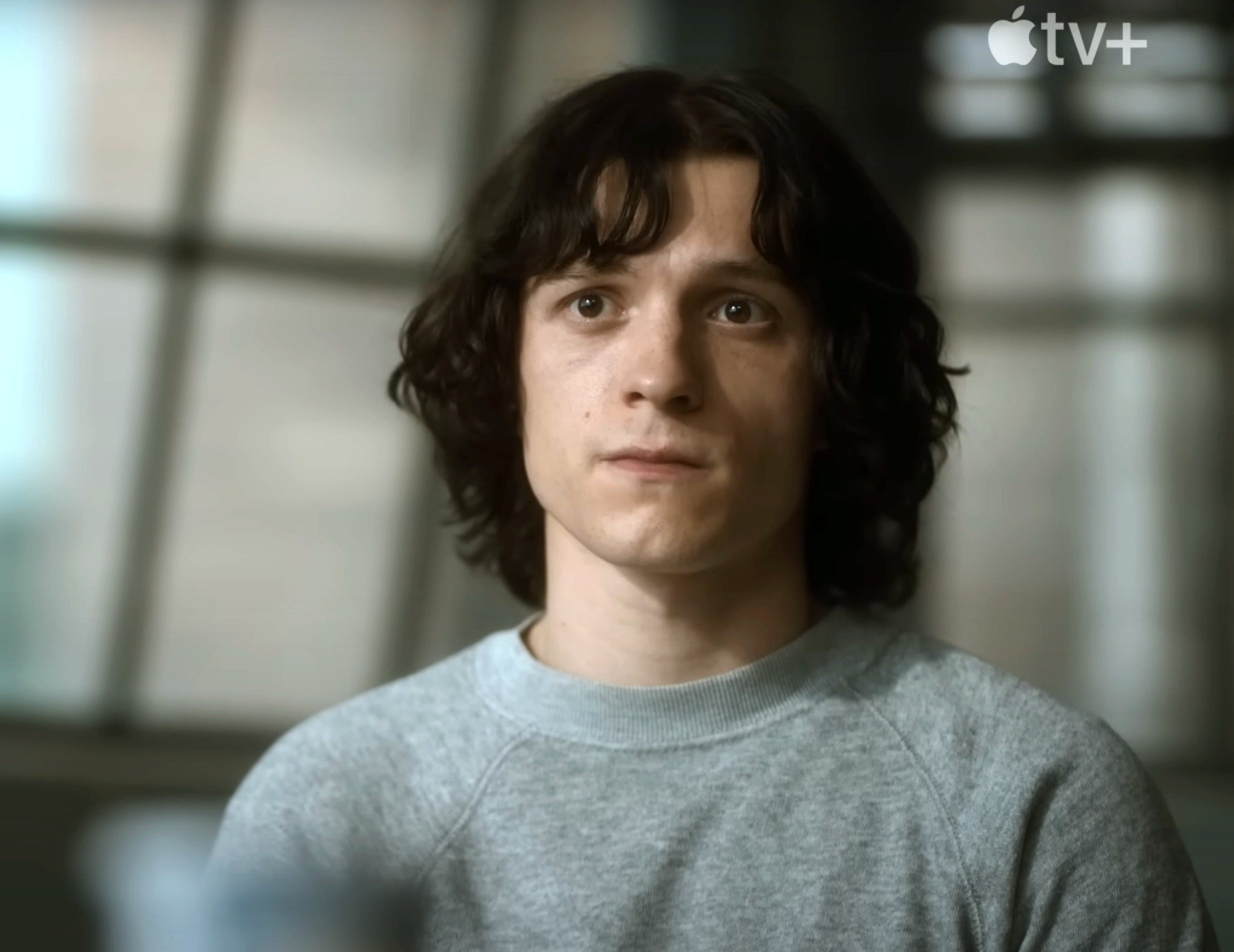
He told Extra, "I'm no stranger to hard work. I've always sort of lived by this idea that hard work is good work. I really enjoyed it, but then again, the show did break me. There did come a time where I was sort of like, 'I need to have a break.' I disappeared. I went to Mexico for a week and had some time on a beach."
Previously, he told Entertainment Weekly, "I'm no stranger to the physical aspects of the job doing the whole action movie thing. But the mental aspect, it really beat me up and it took a long time for me to recover afterwards, to sort of get back to reality...I was seeing myself in [Danny], but in my personal life. I remember having a bit of a meltdown at home and thinking, like, 'I'm going to shave my head. I need to shave my head because I need to get rid of this character.' And, obviously, we were mid-shooting, so I decided not to…It was unlike anything I've ever experienced before."
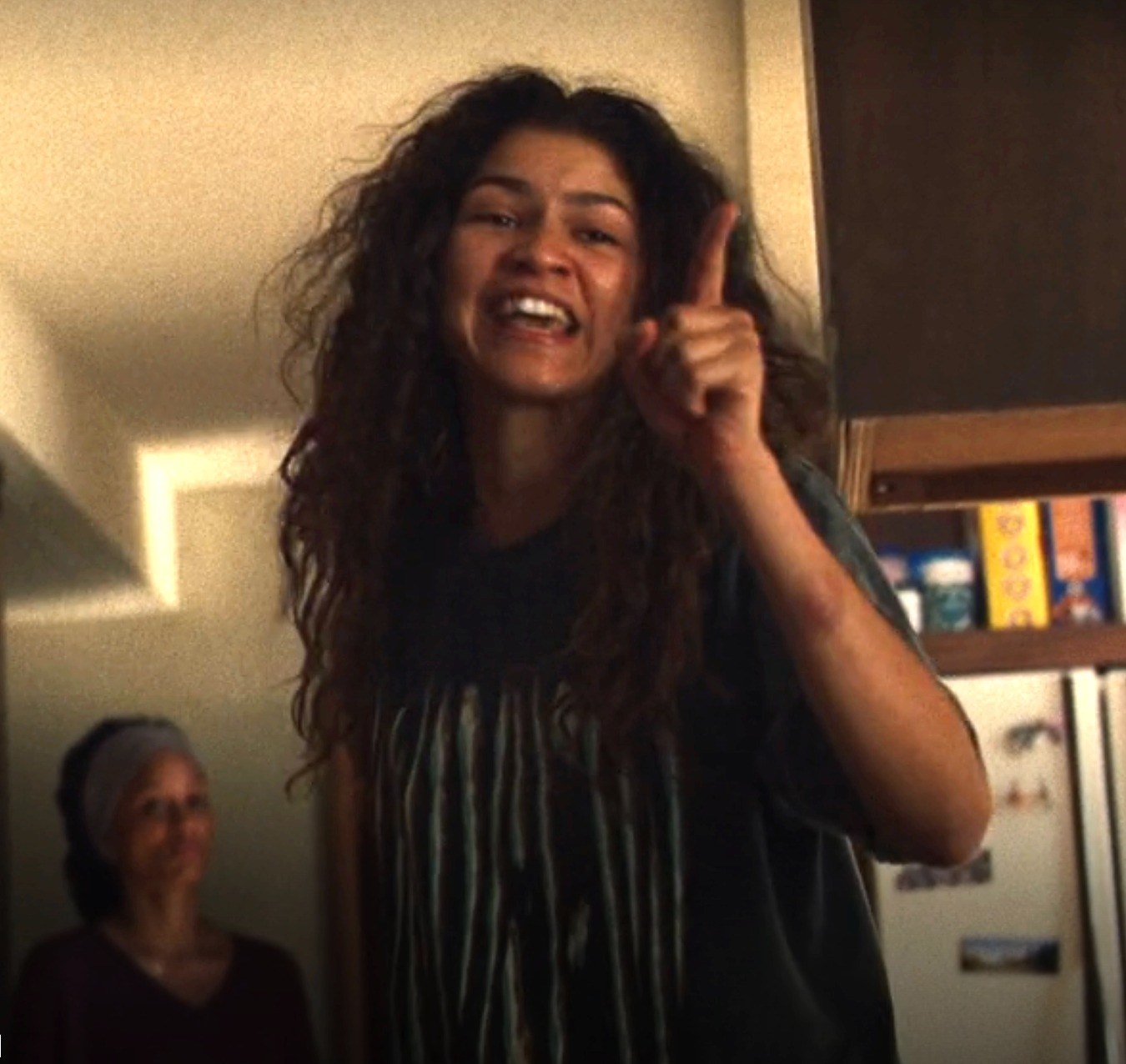
She told Elle Australia, "My brain can say, 'Ok I'm pretending' but when I'm doing it, my body and my heart don't know that it's not real. It can be exhausting in that way, and it can make you feel bad because she says and does things that I don't want her to do and say, but here I am."
3. While preparing to play Killmonger in Black Panther, Michael B. Jordan "spent a lot of time alone." He continued to isolate himself during filming and "didn't have an escape plan." After wrapping, "being in that kind of mind state...it caught up with [him]," and he sought therapy.

On Oprah's SuperSoul Conversations, he said, "It was a little tough for me at first...Readjusting to people caring about me, getting that love that I shut out. I shut out love, I didn't want love. I wanted to be in this lonely place as long as I could...Your mind is so powerful. Your mind will get your body past a threshold that it would have given up on way before. Honestly, therapy, just talking to somebody just helped me out a lot. As a man, you get a lot of slack for it...I don't really subscribe to that. Everyone needs to unpack and talk."
4. A few years into filming Stranger Things, Finn Wolfhard began having panic attacks, but he "did not talk about anything, because [he] just was having this crazy whirlwind career, so there was no time, or at least [he] didn't feel [there was] at the time."
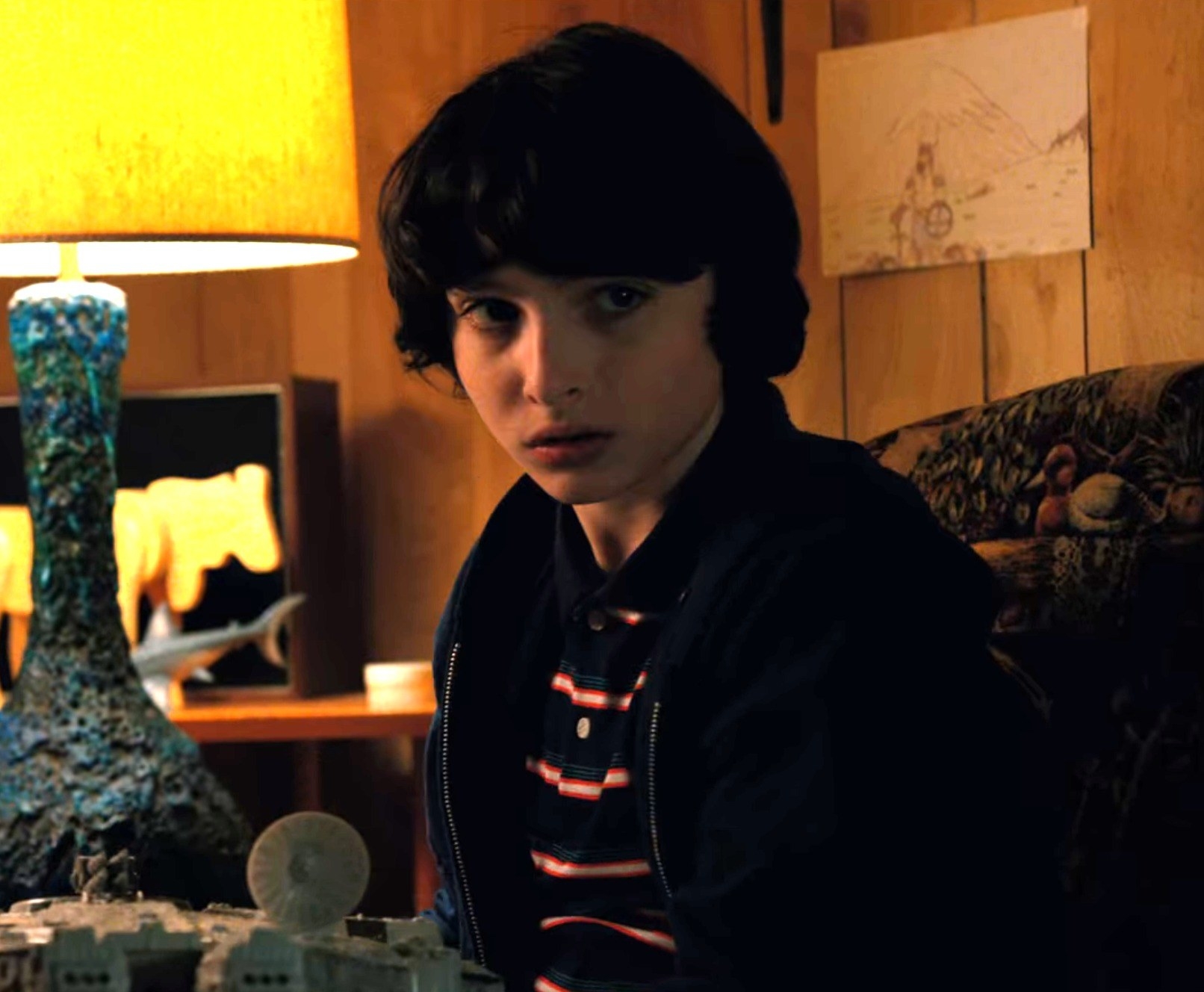
He told GQ, "Everyone was like, 'Look at him, he's fine. He's having the best time.' But in reality, I was probably also developing and things were happening in my brain and anxieties were forming and things that I didn't realize that I had to bury because of how I had to feel at work."
5. For House of Gucci, Lady Gaga took a method-acting approach, and she "brought the darkness with [her] home because [Patrizia Gucci's] life was dark." Towards the end of filming, she began bringing a psychiatric nurse to set with her because she "felt that it was safer for [her]."
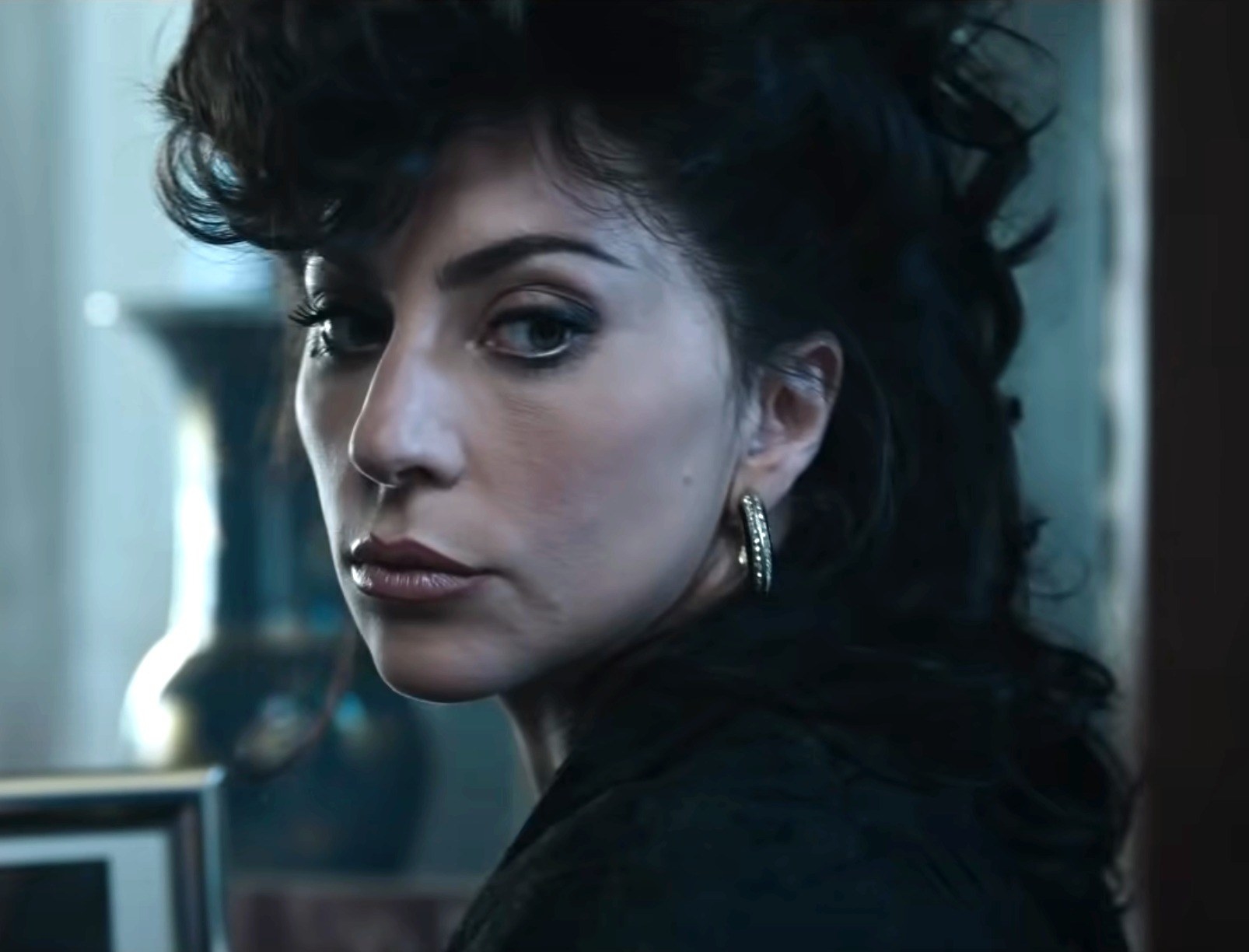
She told Variety, "I don’t think that any actor should push themselves to that limit. And I ask myself all the time why I do that. I've done some pretty extreme art pieces throughout my career — the things I've put my body through, my mind. It's like a walnut of sadness in my stomach as I say this to you. I don't know why I'm like that. I think that the best answer I could give you is I have a sort of romantic relationship with suffering for your art that I developed as a young girl, and it just sometimes goes too far. And when it does go too far, it can be hard to reel it in on your own...It's OK to ask for help. If you're feeling like that, ask for help. No matter what."
6. Playing Howard Hughes, who experienced OCD, in The Aviator exacerbated Leonardo DiCaprio's own symptoms of OCD.
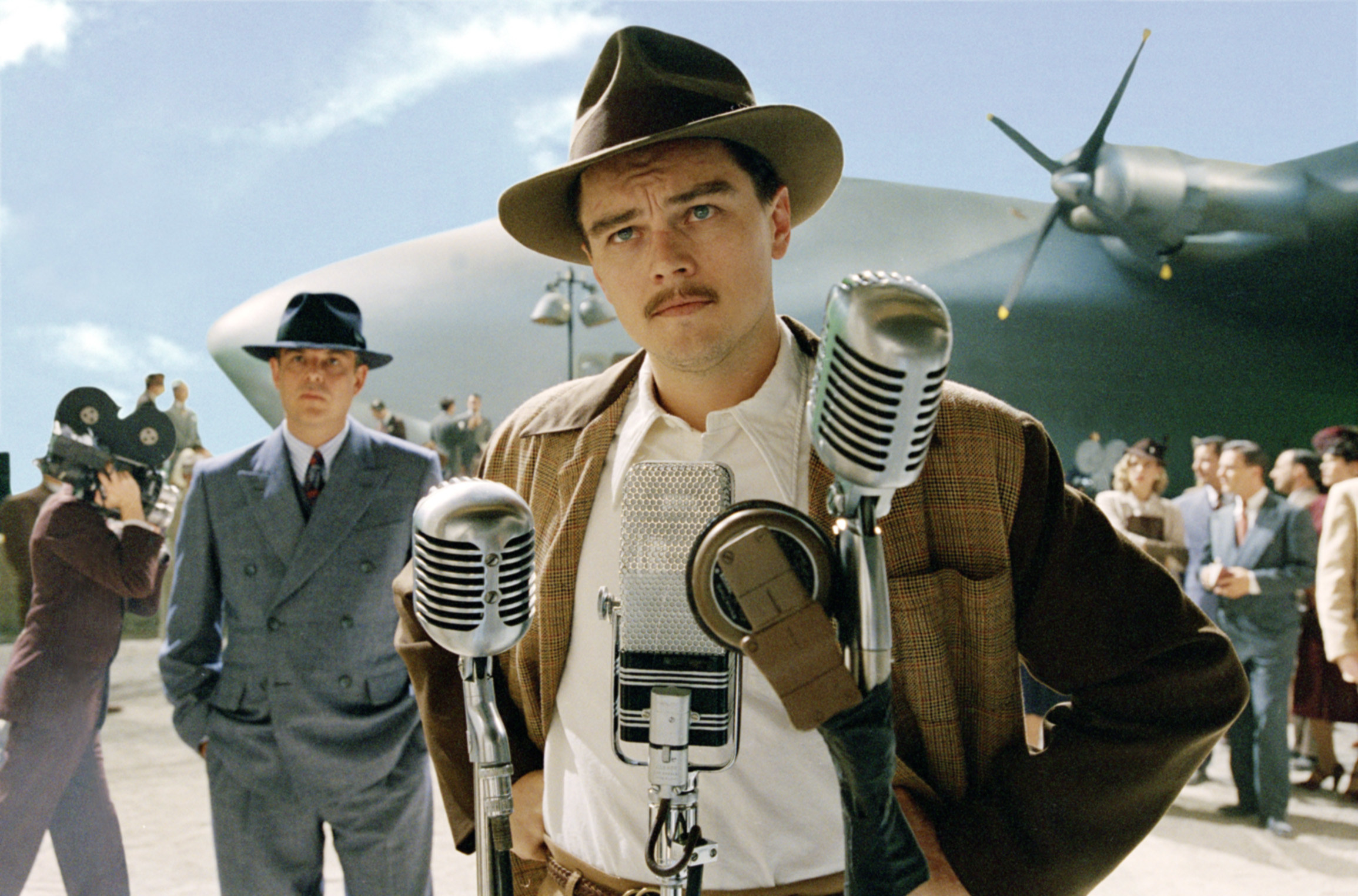
He told the Telegraph, "I can talk myself through it, you know, whereas Howard Hughes couldn't do that...During filming, I let it all go and I never listened to the other voice...I let myself do it because I wanted that to come out. I was trying to be the character. It became real bothersome, even after the filming."
7. Filming The Shining was "very hard" on Shelley Duvall, and she "got to the point where [she] just couldn't take anymore, [she] needed a break, but taking a break costs money and people need the shot done, so [she] had a little breakdown."
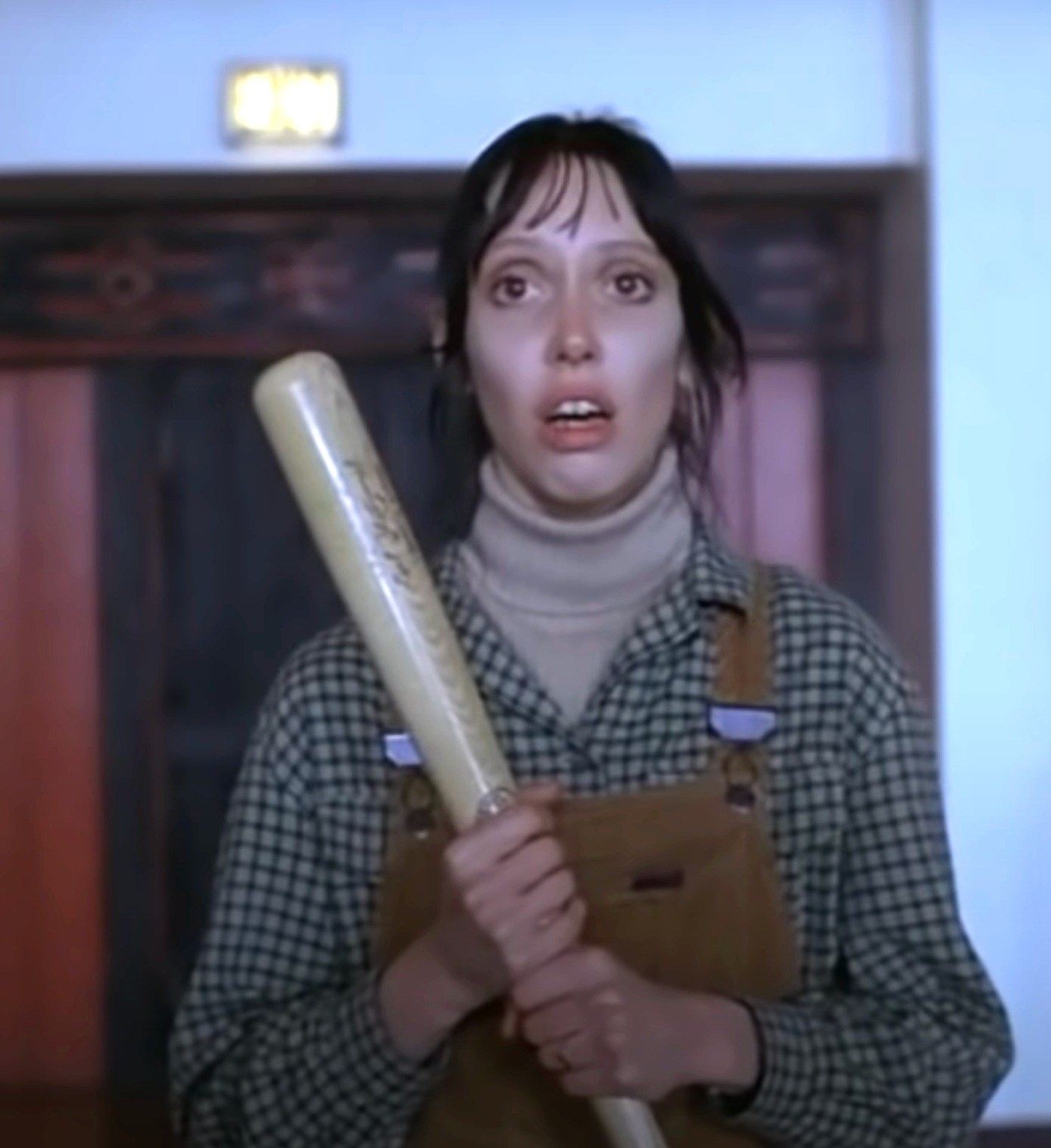
She told Fangoria magazine, "I think it was only 10 minutes, but I just needed to get my head together, we were shooting long days, sometimes 15–16 hours, and it really does take a lot out of you. It was one of the most grueling experiences on a set I’ve had, but the end result was worth it. Don’t get me wrong, Stanley [Kubrick] was a very kind and warm man, he has a vision in his head on what he wants to see through his camera and if you don’t quite understand where he is coming from he gets frustrated and angry, communication and understanding plays a big part of film sets, I just wasn’t getting it, I did in the end."
8. While playing Grace Fraser in The Undoing, Nicole Kidman "went down for a week because your immune system doesn't know the difference between acting and truth when you're doing this."
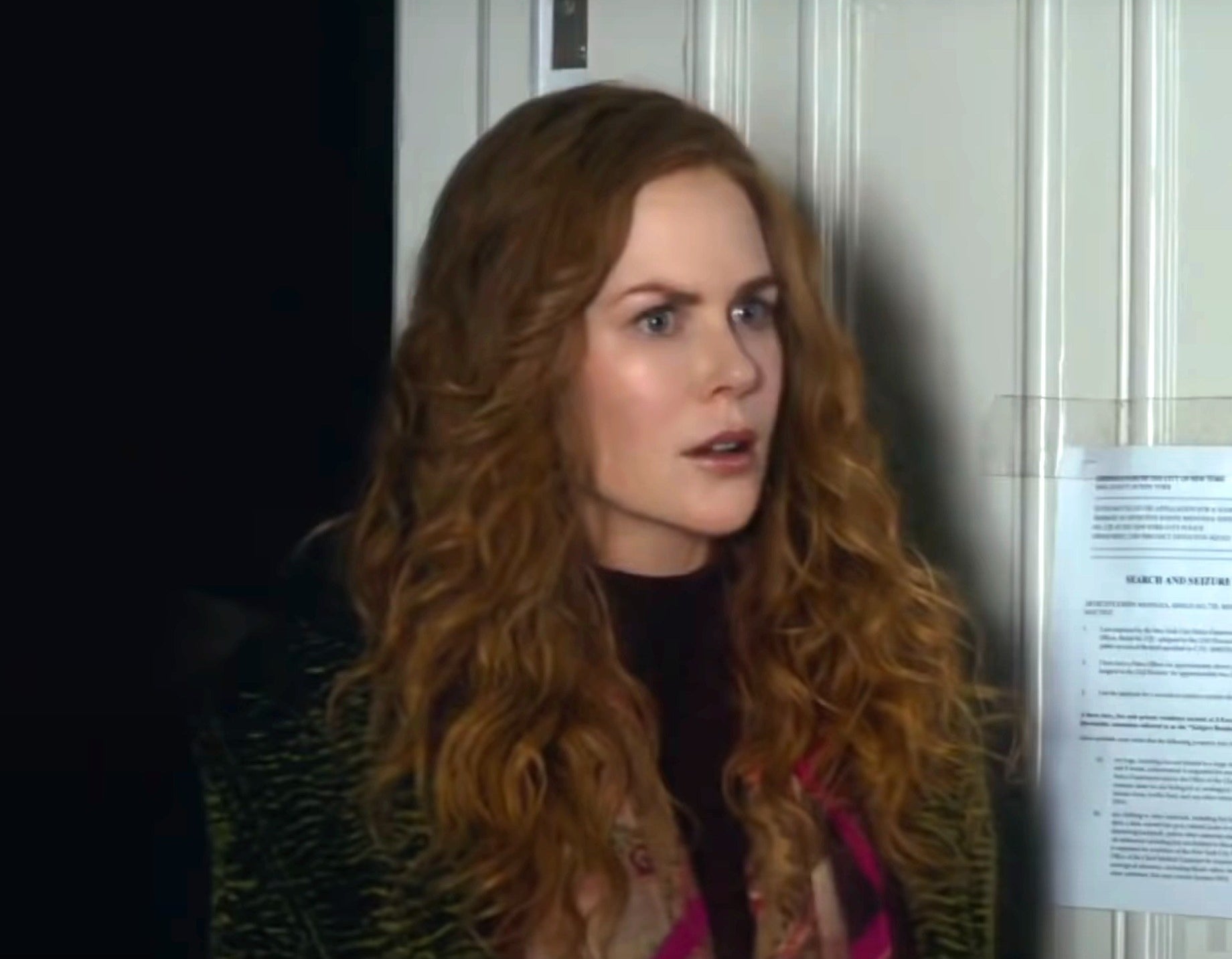
On the WTF With Marc Maron podcast, she said, "Suddenly I was in this place where there was sort of a disquietness to my personality, where I was uneasy and there was duress on who I was...I actually got really sick, and I think this is a big thing that happens to actors."
9. After wrapping The Reader, in which she played a Nazi guard, Kate Winslet was "still absolutely haunted and traumatized by so much of what [she] saw during the preparation process," and she "sort of walked away like some car crash victim who somehow hadn't been hurt on the outside."
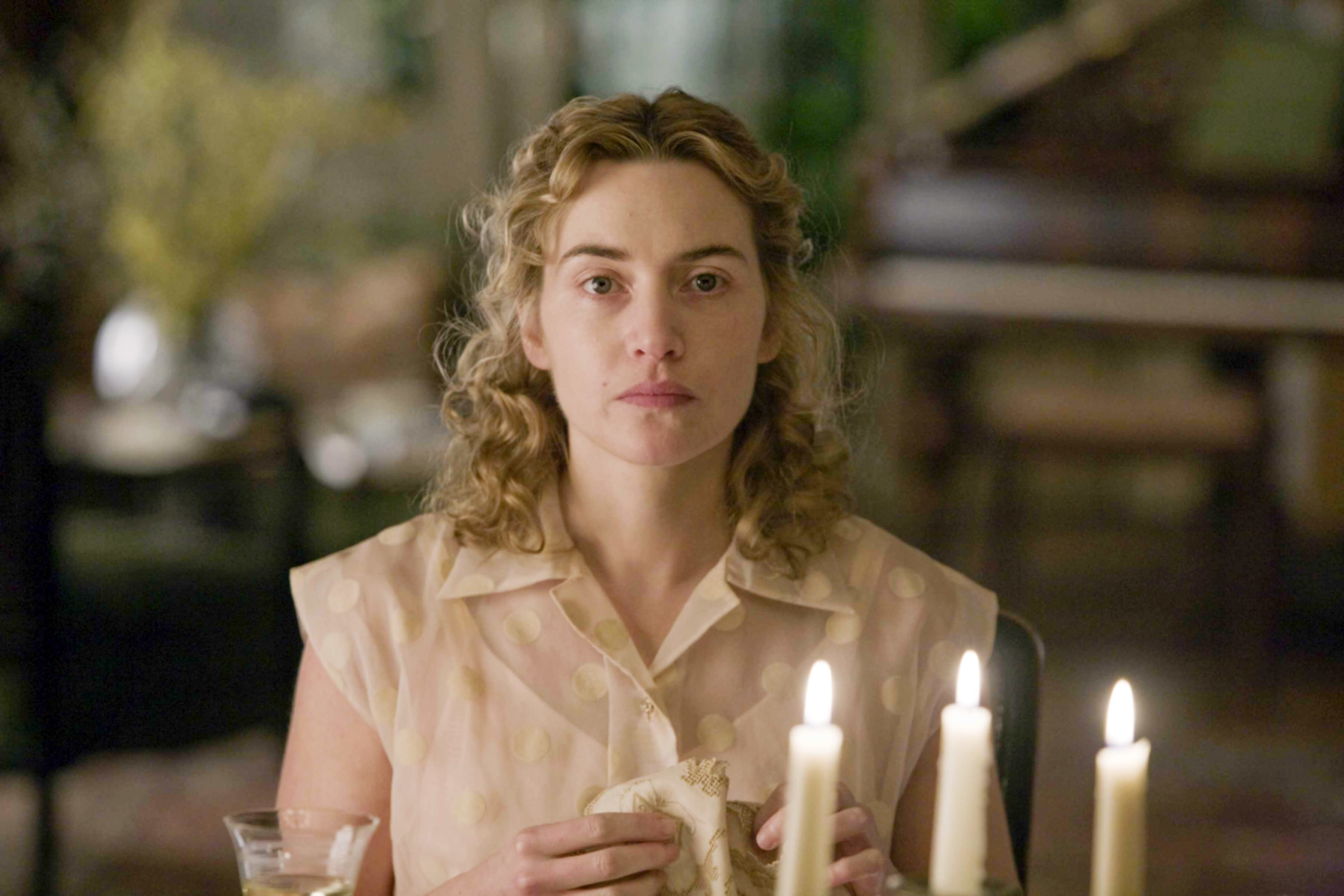
She told HuffPost, "I am still coming to terms with the whole experience of having played Hannah, I really genuinely am...It was truly overwhelming. I really went somewhere. I was in some kind of a trance. And I'm still coming to terms with all of it."
10. For the role of Ray Charles in the biopic Ray, Jamie Foxx had to glue his eyelids shut at the request of director Taylor Hackford. He experienced panic attacks during the first two weeks on set, and his colleagues kept forgetting he was unable to see and accidentally leaving him on his own.
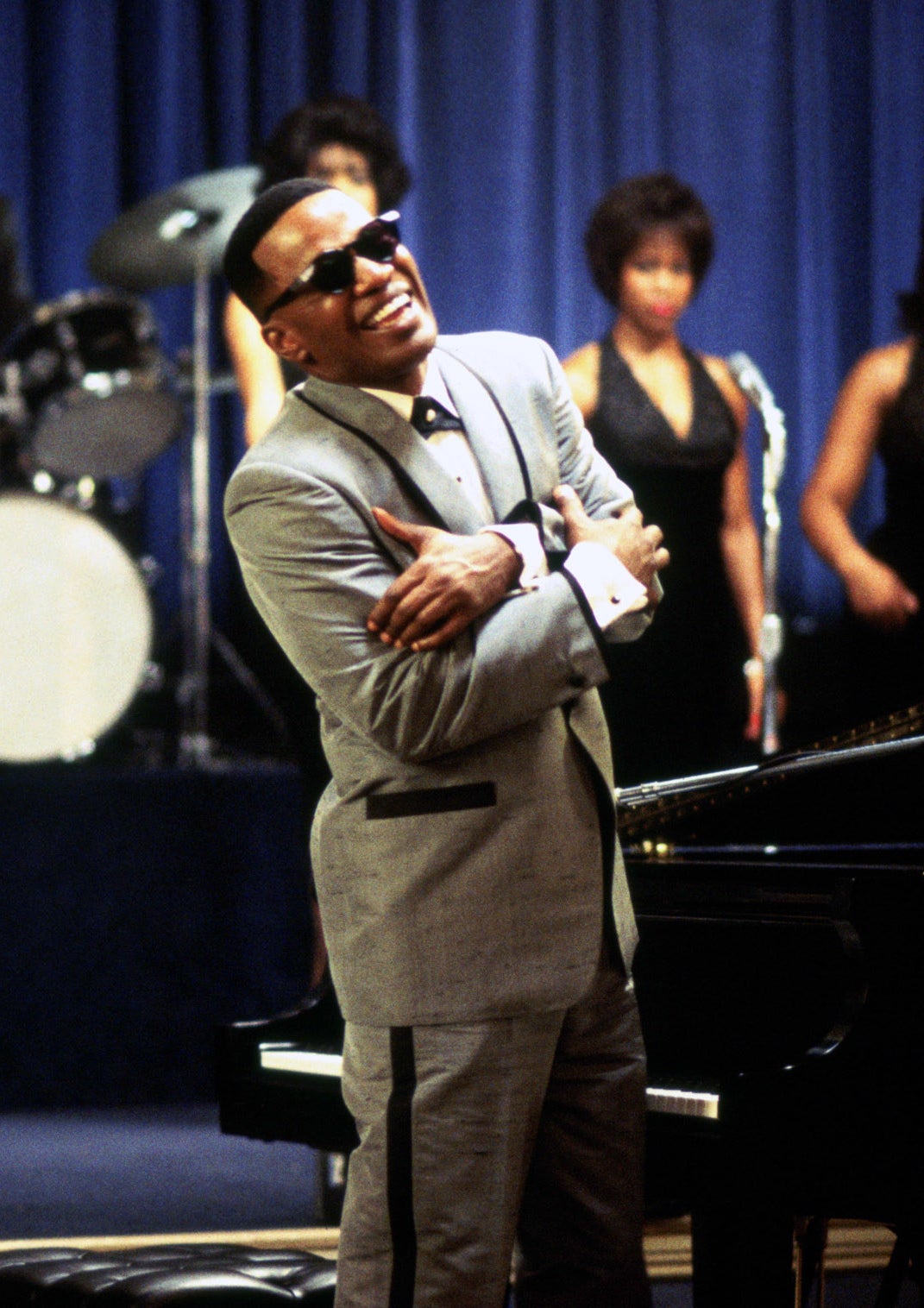
He told the New York Times, "Imagine having your eyes glued shut for 14 hours a day. That's your jail sentence."
11. While playing Tonya Harding in I, Tonya, Margot Robbie "found it emotionally traumatic to put [herself] in the mindset of someone who's in an abusive relationship."
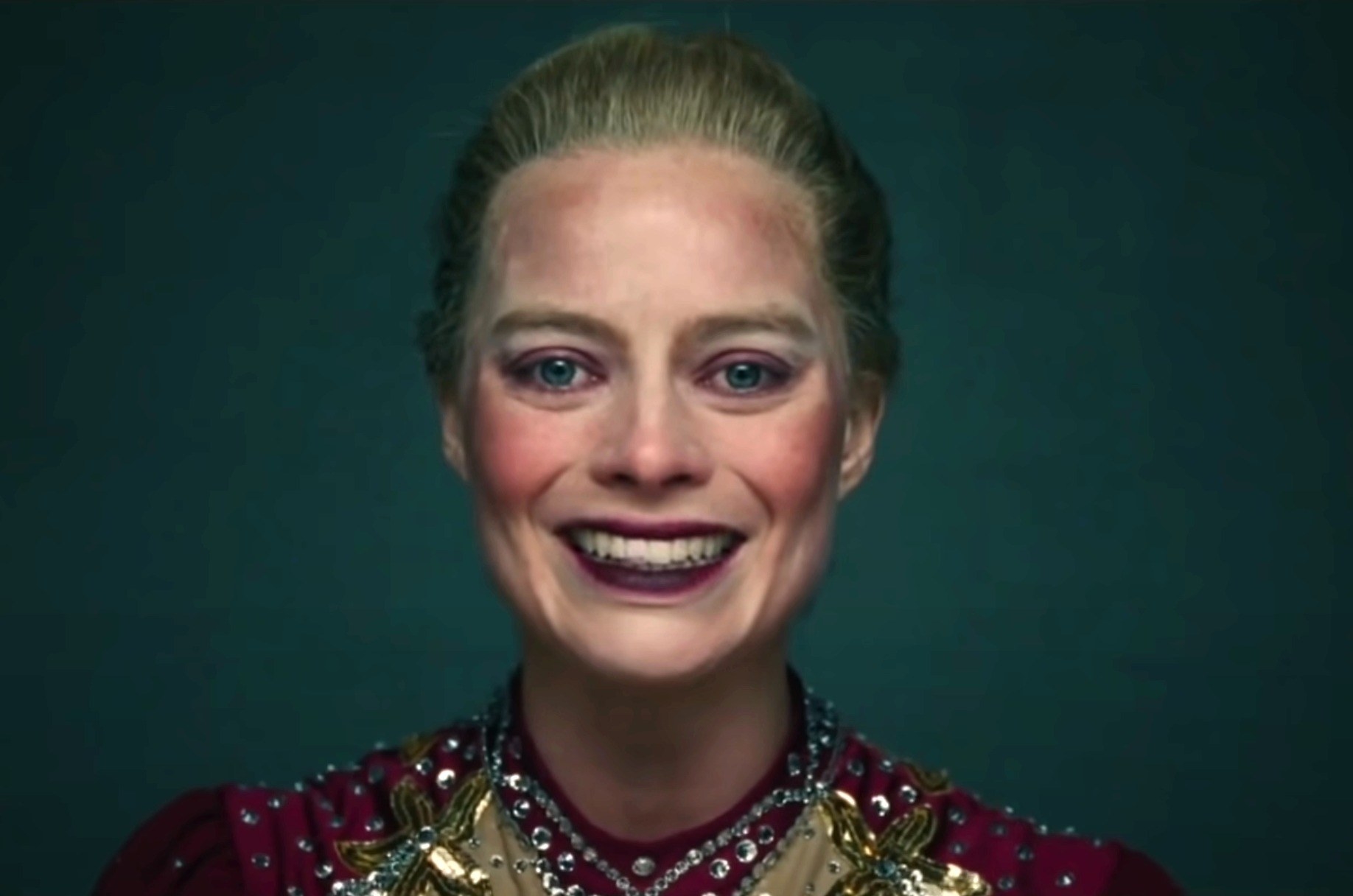
She told the Hollywood Reporter, "It was a character that definitely scared me. And I couldn't understand why she was doing and saying the things she was doing and saying, but I wanted to — and any time that happens in a script, that's a character I really want to play."
12. After filming Marion Crane's famous shower death scene in Psycho, Janet Leigh "stopped taking showers and [she could] only take baths."
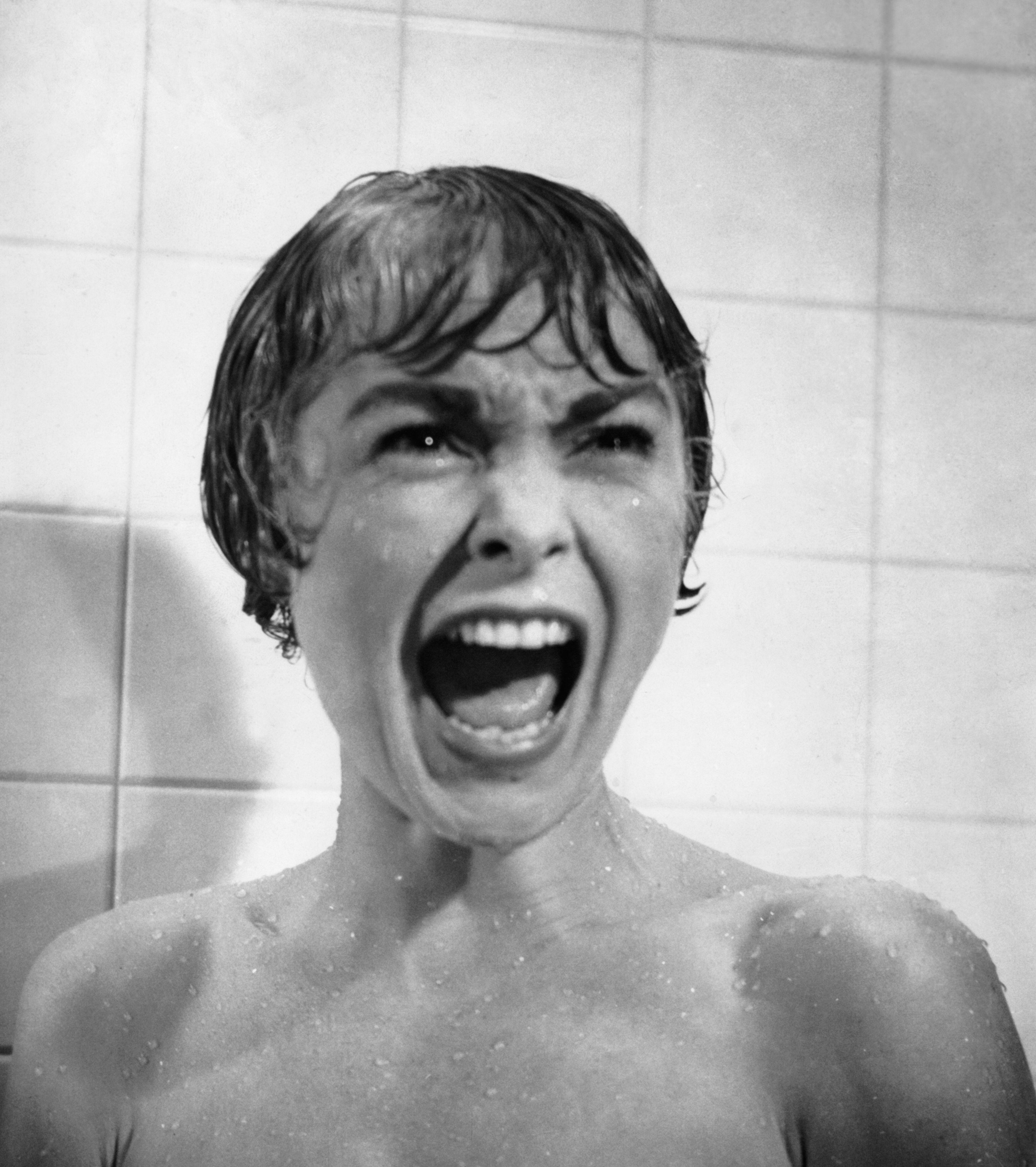
She told Woman's World, "And when I'm someplace where I can only take a bath, I make sure the doors and windows of the house are locked. I also leave the bathroom door open and shower curtain open. I'm always facing the door, watching, no matter where the shower head is."
13. To Bill Skarsgård, playing Pennywise in It felt "like being in a very destructive relationship." After filming was over, he "started having very strange and vivid Pennywise dream."
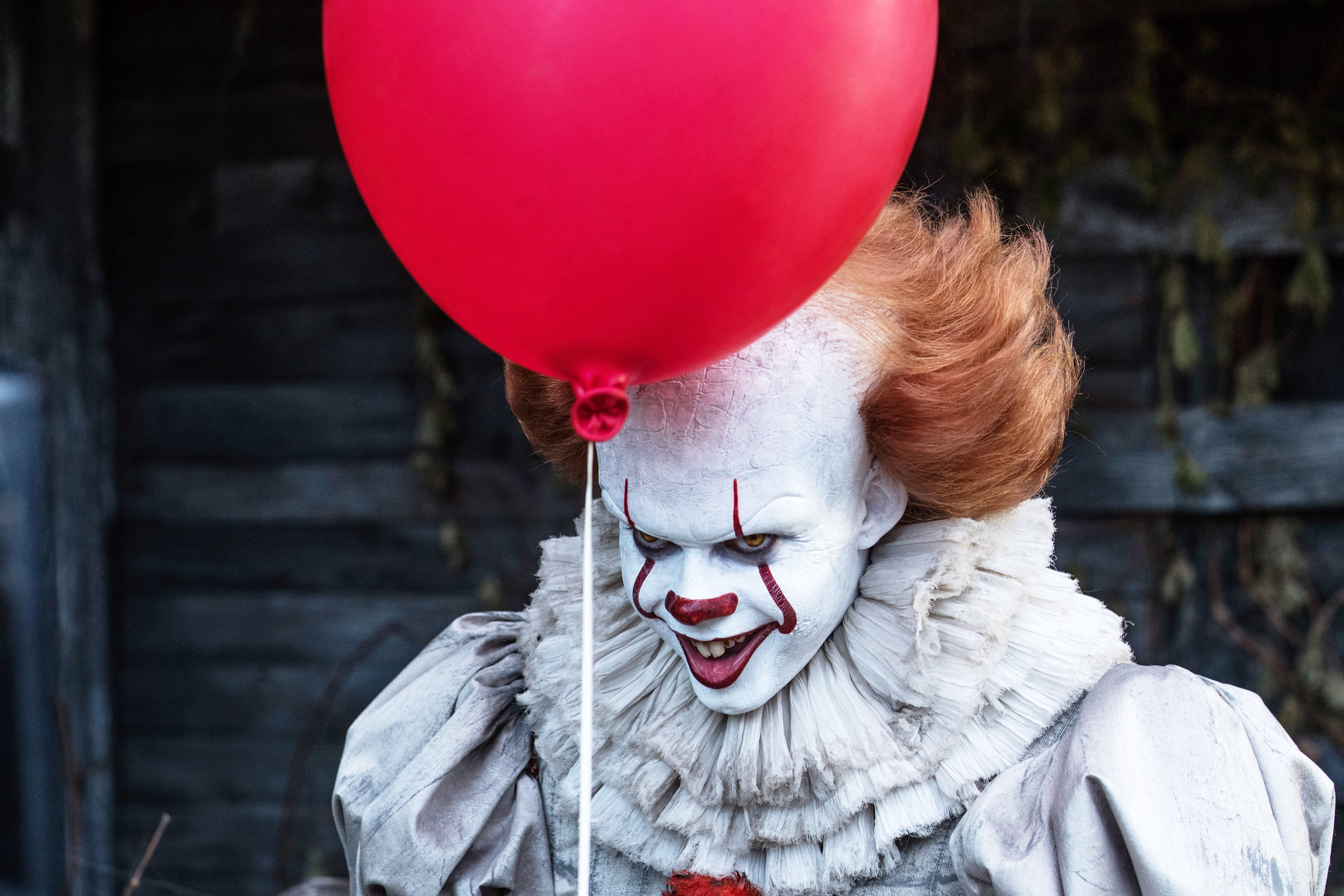
He told Entertainment Weekly, "After we wrapped, I was in my childhood home in Sweden, sitting having coffee with my mom at our kitchen table, and realized, 'Oh, holy shit, I don't have to deal with this relationship anymore!' It was a very quick shift of just feeling better, like, 'Oh my God, I'm relieved that I don't have to deal with the darkness of the character.' I likened it to an exorcism – him exiting my body and getting rid of the Pennywise toxins."
14. After playing William O'Neal in Judas and The Black Messiah, LaKeith Stanfield "realized going forward, before [he steps] into something like that again, maybe [he wants to] have a therapist."
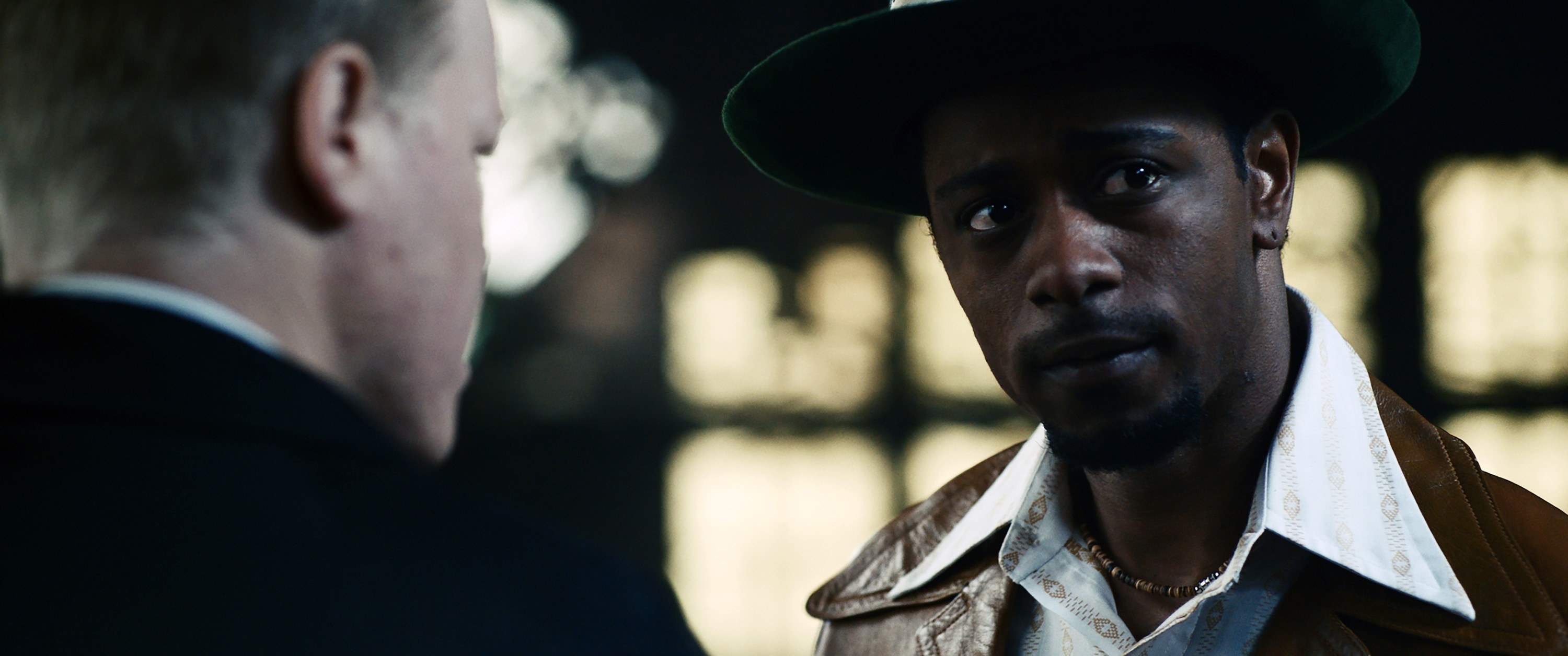
He told Level, "In the scene where I had to poison [Fred Hampton], a lot of it didn’t end up making it to the final cut, but we shot [me mixing it in] Kool-Aid, and I had to go through all those motions. With somebody like Daniel [Kaluuya], who I just respect as a human and an artist, as Fred Hampton, it felt like I was actually poisoning Chairman Fred Hampton. One thing Dominique Fishback mentioned to me is that your body doesn't always differentiate the experience from your imagination. So sometimes your body thinks that's real, everything you're putting it through. It's no wonder I've been feeling so stressed out and having panic attacks."
15. Undergoing an extreme physical transformation for a role can also contribute to adverse mental health effects. After losing a significant amount of weight for Joker, Joaquin Phoenix said that "you really develop like a disorder."
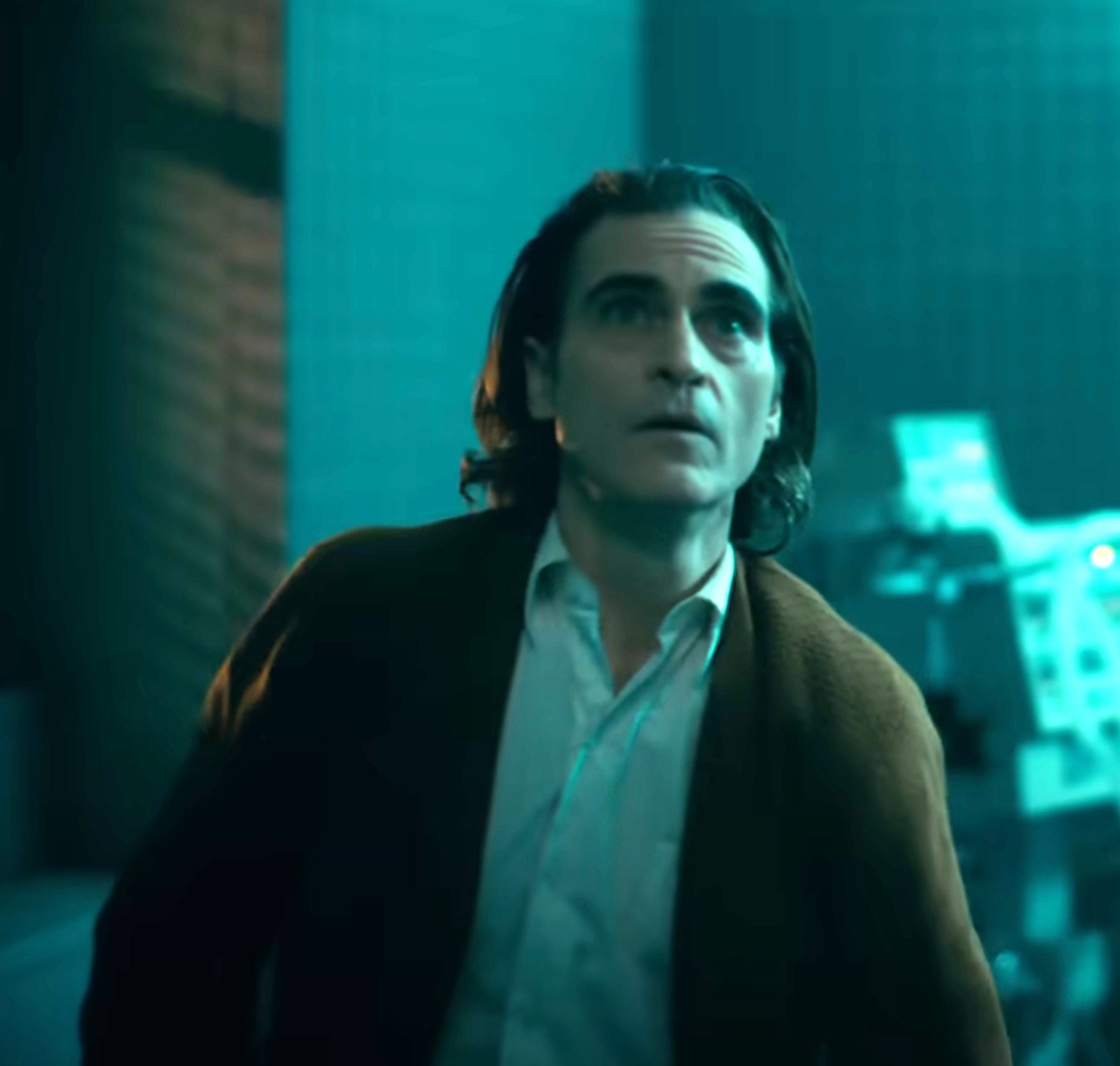
He told AP, "Once you reach the target weight, everything changes. Like so much of what's difficult is waking up every day and being obsessed over like 0.3 pounds."
16. To play Fantine in Les Misérables, Anne Hathaway underwent significant weight loss. She "was in such a state of deprivation — physical and emotional."
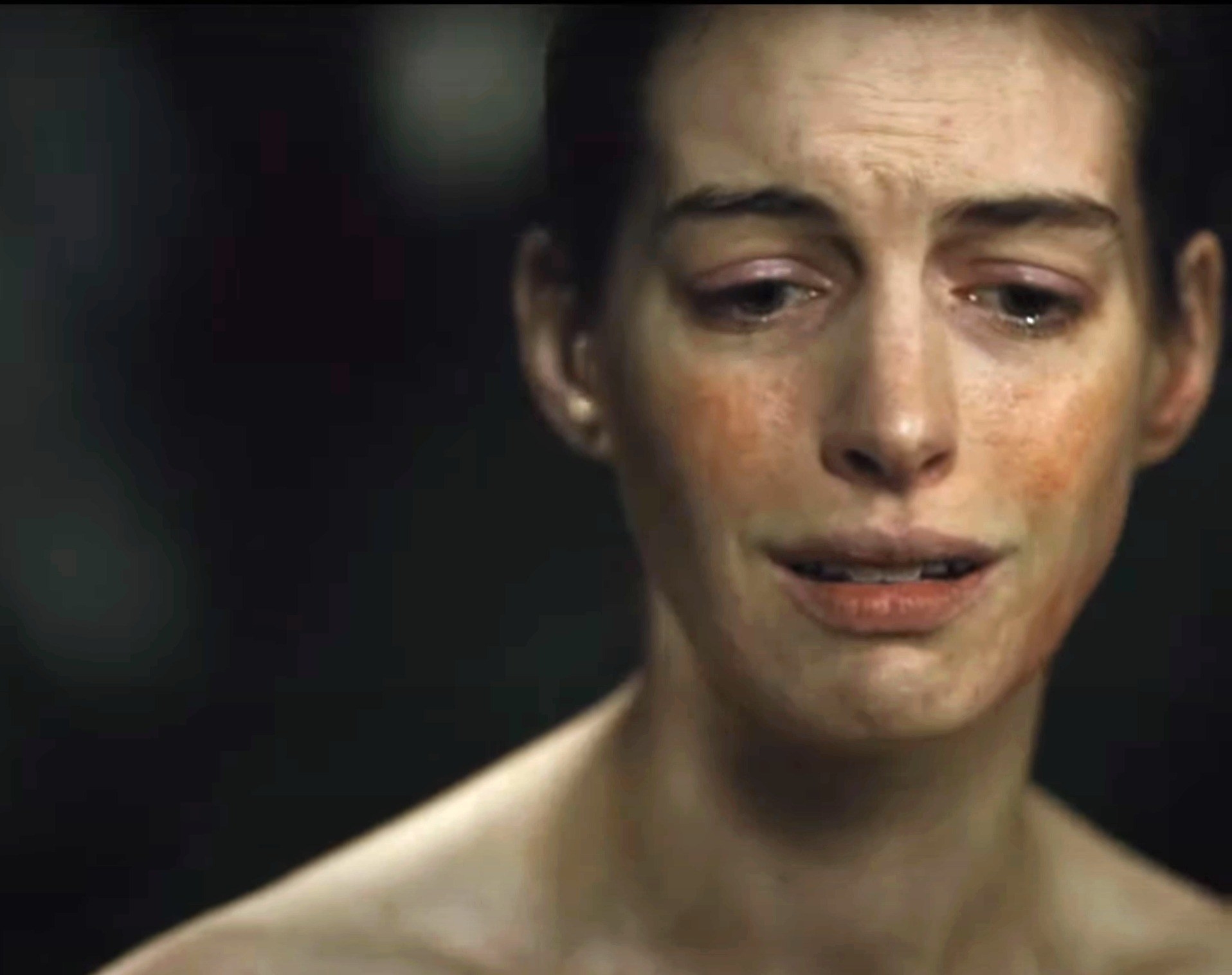
She told Vogue, "When I got home, I couldn't react to the chaos of the world without being overwhelmed...It took me weeks till I felt like myself again."
17. The virality of his physical transformation for Eternals made Kumail Nanjiani feel "powerful" at first, but "pretty quickly after that, it felt reductive, it felt naked, it felt vulnerable." The film also "brought a lot of those issues [he had around food] up to the surface."
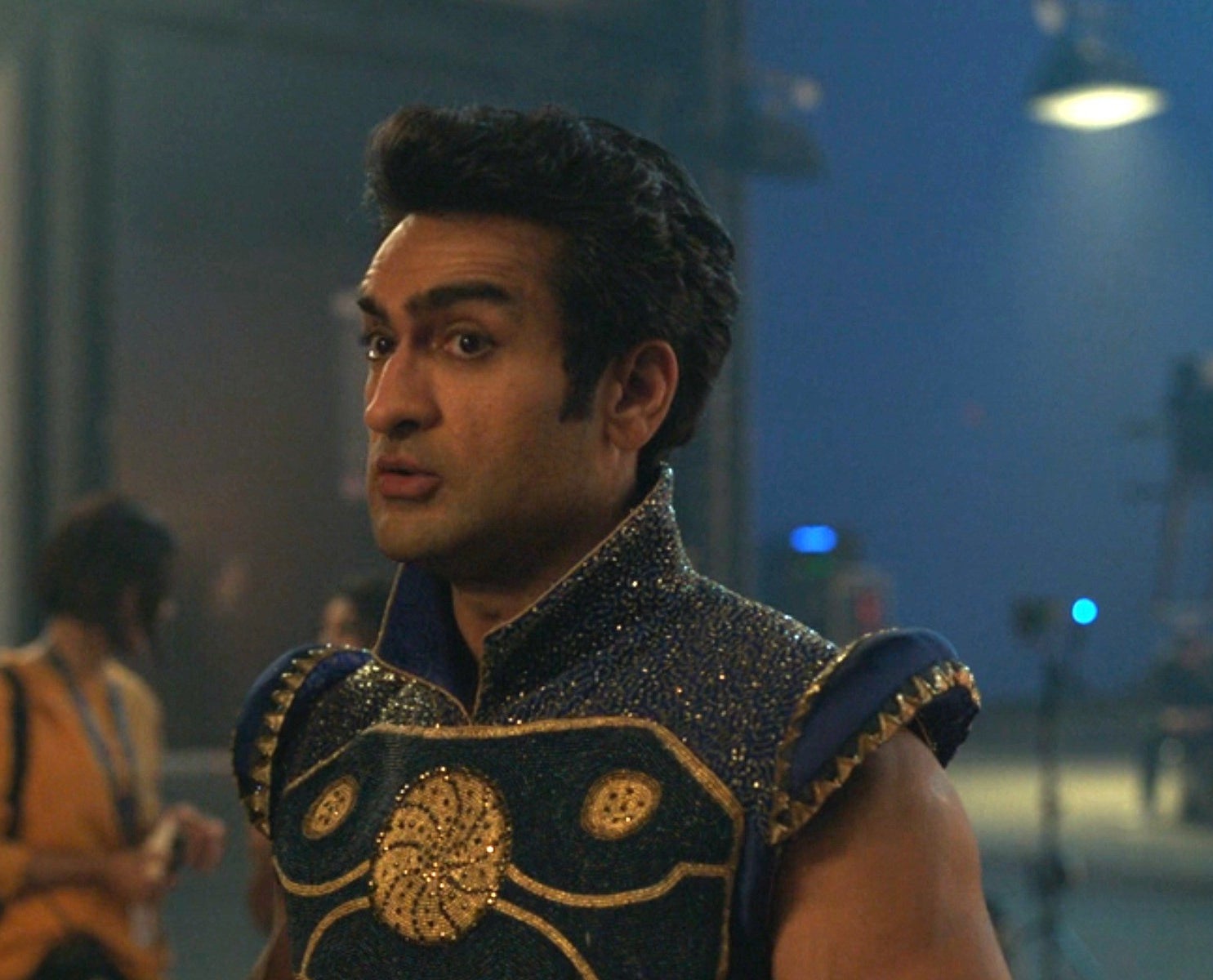
He told NPR, "I realized after that that I thought about food in a specific kind of way that I needed to explore and revisit. ... Preparing to play Steve in Chippendales actually did a lot of that work for me. I realized that I had been so rigid with food and used it in so many unhealthy ways and then forcing myself to eat unhealthy amounts of unhealthy food in a way got me out of that trap. It's still work to do, but it was freeing for months to just eat whatever I wanted, to eat as much as I wanted. It sort of freed me from some of the ways that I've been thinking about food."
18. And finally, while preparing to play Adam Warlock in Guardians of the Galaxy Vol. 3, Will Poulter "really appreciated that [Marvel] prioritized [his] mental health throughout the process."

He told The Cut, "I was concerned about how it might affect me when I was really hungry or tired or stressed."
Previously, he told the Independent, "The most important thing is that your mental and physical health has to be number one, and the aesthetic goals have to be secondary, otherwise you end up promoting something that is unhealthy and unrealistic if you don't have the financial backing of a studio paying for your meals and training. I'm in a very privileged position in that respect, and I wouldn't recommend anyone do what I did to get ready for that job."
The National Alliance on Mental Illness helpline is 1-888-950-6264 (NAMI) and provides information and referral services; GoodTherapy.org is an association of mental health professionals from more than 25 countries who support efforts to reduce harm in therapy.
